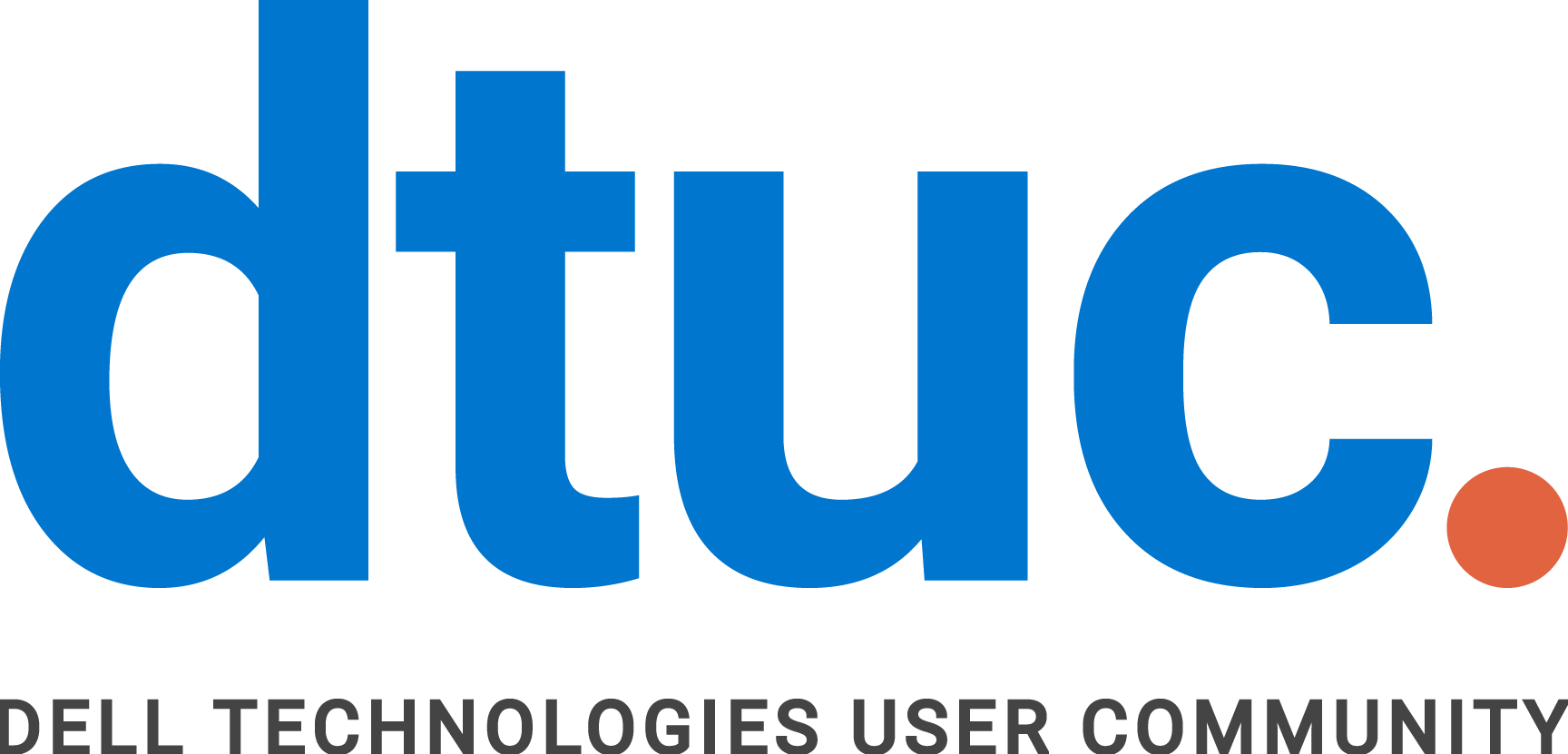Steve Athanas has sound advice for members of the Dell Client Community seeking to advance their careers in information technology. “Being able to apply technology to business problems is one of the keys to moving up to a senior leadership position,” said Athanas, who is associate CIO for the University of Massachusetts Lowell, and serves as president of VMUG, the global VMWare User Group.
“Not every IT professional has the desire to become a manager or business leader,” said Athanas in our recent interview. “But if that is your goal, there is a clear path to follow.”
First, understand the business role of IT in your organization. In a hospital, IT supports quality patient care. In banking, the focus is on customer access, security and accuracy.
“Today, technology is all about using big data, artificial intelligence (AI), predictive analytics, and the cloud that help businesses understand the market and serve their customers better than the competition,” he shared.
Next, you need to align your daily priorities and activities with those business issues. “You could do a great job installing a fiber network, but senior management won’t care unless you can show how it made the business more competitive, increased revenue or lowered costs,” Athanas said. “So get up each morning and think about what you can do that will add the most value to the business.”
Third, you should hone your communication skills. Be able to show why leadership should invest in a new IT project, provide them with updates during implementation, and write a clear summary that describes the results.
Finally, look for opportunities to add new skills or widen your perspective. “Don’t discount lateral moves that allow you to explore your IT environment,” Athanas said. “Look beyond your specialization and see how you may be able to help other members of your team.”
Another way to broaden your horizon and develop new skills is to become active in an IT user group, such as Dell Client Community or VMUG, Athanas said. “You can learn from your peers and build your network. You can also give back to your community by writing blogs, recording podcasts or making conference presentations about what you have learned at your organization.”
A Professional Journey
Athanas’ career illustrates the importance of learning, networking and focusing on business as well as technology. After earning a bachelor’s degree at UMass Lowell, he stayed on campus and went to work in the IT department. After earning an MCSE certification, he planned to go into the consulting market, such as working for Dell Professional Services, but found new opportunities kept opening up at the university.
In 2013 he became associate director, Infrastructure Development and four years later was named associate CIO in charge of system architecture. “I still have a home lab where I can play around with the technology, but I find it more rewarding to help our team be successful,” he said. “In my leadership role, I have also been able to mentor team members and help them develop their own careers.”
At UMass Lowell, Athanas and his team focus on enabling the education of students, while supporting academic research. Last spring, they flipped more than 2,700 classes from in-person to virtual learning in just three days, and continue to support the remote delivery of high-quality instruction through virtual desktops, lecture recordings and other tools.
On a personal level, Athanas said his involvement with VMUG has played a pivotal role in his career success. “I joined as an engineer and wanted to get more from our investment in software,” he said. “Building those skills helped earn me a promotion to senior engineer. Then as a VMUG leader, I became involved in planning meetings and events, developing those business skills while developing relationships with other IT professionals. I would encourage other IT professionals to get actively involved in a user community, as it is such an excellent way to advance your career.”
